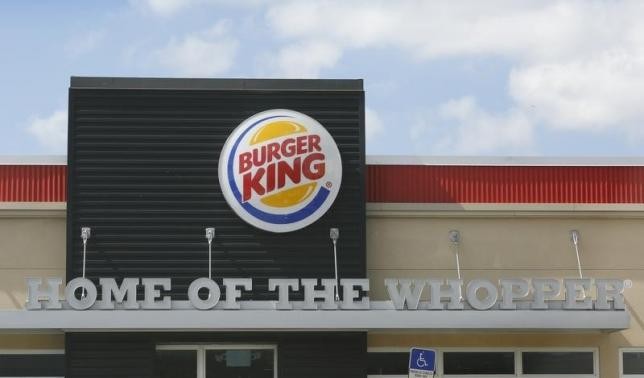Burger King could save up to $1.2 billion in taxes if it moves to Canada, according to a U.S. tax watchdog.
Americans for Tax Fairness said that the fast food giant's merger with Canadian fast casual restaurant Tim Hortons could save Burger King millions in taxes raging from $400 million up to $1.2 billion in the upcoming four years.
The Burger King-Tom Hortons deal is what many consider as a corporate inversion, in which U.S. firms try to cut down on tax bills by merging with a non-U.S.-based firm.
The White House and other Democrats have opposed against the inversion deals this year. A recent example is when Pfizer, a giant in pharmaceuticals, tried to merge with AstraZeneca in Britain to reduce tax bills.
Top executives of Burger King have dismissed that the deal announced in August was not due to the tax reduction, which was seconded by billionaire investor Warren Buffett. A spokesman from the fast food giant said that the watchdog's study was "materially flawed."
According to the study, Burger King could avoid paying up to $820 million in capital gains taxes under the Tim Hortons deal, another $275 million on potential foreign profits and $117 million on offshore earnings. Americans for Tax Fairness said that Burger King's merger is driven by foreign tax considerations and that the merger was a "proposed corporate inversion."
"Burger King's inversion adds up to a 'whopper' of a tax dodge," the tax watchdog wrote in the study.
Experts on tax have also said that Burger King will gain tax benefits under the merger due to Canada's more favorable corporation tax system.





















